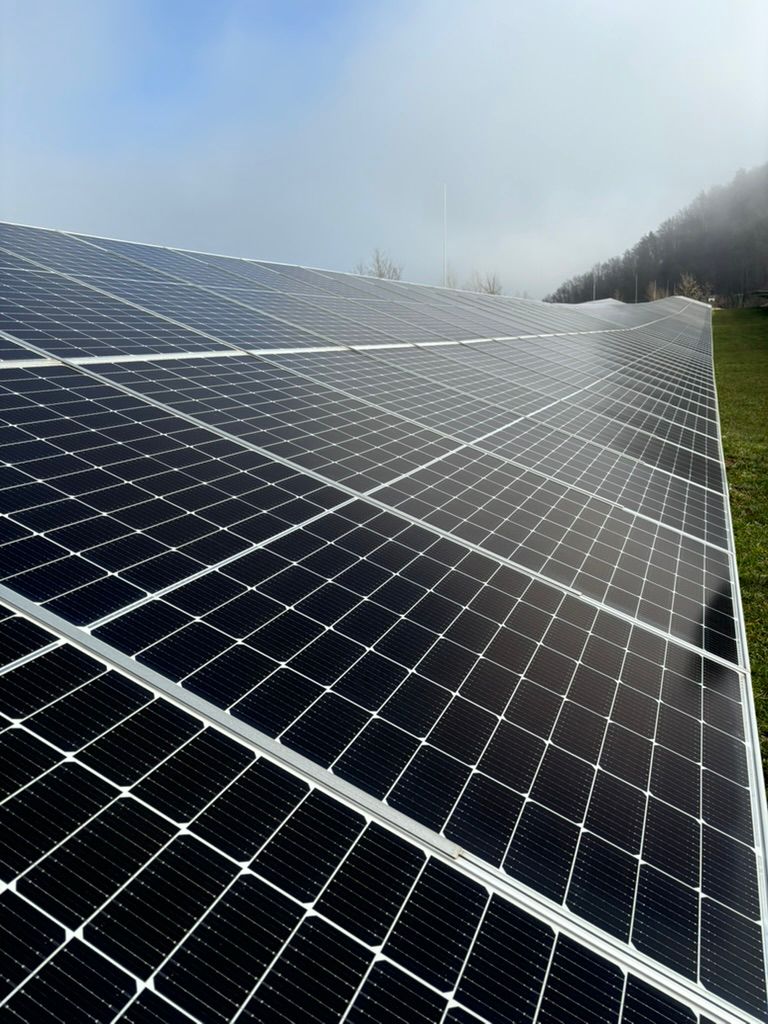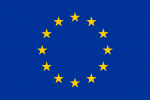Advancing community contributions to climate action
Climate change, biodiversity loss, and pollution are the defining environmental challenges of our time. While governments have set ambitious goals, the pace of implementation remains uneven. At the same time, citizen science has emerged as a credible and growing source of data and innovation.
Communities worldwide are already contributing to biodiversity monitoring and air quality management. The next step is to apply this capacity to climate change mitigation.
The AURORA-led Working Group on Citizen Science and Climate Change Mitigation (CSCCM), supported by the Citizen Science Global Partnership and the EU Climate Pact, has been established to develop, test, and scale citizen science approaches that support emission reductions and strengthen global climate action.
MISSION, VISION & OBJECTIVES
Mission
To integrate citizen science into climate change mitigation efforts at local, national, and international levels.
Vision
A global community in which citizen-led initiatives are recognised as valuable contributions to reducing greenhouse gas emissions and achieving climate targets.

Objectives
- Establish standardised and practical methodologies for citizen-led climate mitigation.
- Expand successful pilot projects into broader regional and global programmes.
- Strengthen connections between communities, science, and policy.
- Build international partnerships to embed citizen science in climate governance.
- Promote open and trusted data for decision making.
News – CSCCM Report Announced
We release the report “A Global Citizen Science Programme on Climate Change Mitigation”
CSGP UNEA7 Delegation Announced
Our Delegation Members






The Citizen Science Global Partnership (CSGP) and Project Aurora is absolutely THRILLED to announce our incredible delegation heading to the UN Environment Assembly (UNEA-7)!
This is a powerhouse team showcasing true global diversity. They represent a great diversity in term of gender, age & geography. Our delegates hail from Africa, Asia, Europe, North & South America, uniting expertise from over a dozen countries! 🌍 They bring a dynamic mix of knowledge to the global stage, from youth-led climate initiatives and air quality monitoring to water governance, university research, and grassroots innovation. You can read more about our delegation members on this CSGP UNEA7 Delegates Info Pack given below.
We are ready to champion Citizen Science as a fundamental tool for solving the triple planetary crisis. Follow our journey as this amazing, diverse group makes waves at UNEA-7! 📣
The Case for Citizen Science
Urgency of climate action
Climate change is already disrupting ecosystems, economies, and public health. Accelerated action is required at every level.
Public participation
Citizen science provides a structured way for communities to engage in mitigation efforts, increasing accountability and ownership of outcomes.
Demonstrated success
Biodiversity platforms such as iNaturalist and eBird supply more than 60% of the data shared with the Global Biodiversity Information Facility (GBIF). In the Netherlands, citizen air quality monitoring has been incorporated into the national programme. Comparable contributions are now being developed for climate mitigation.
Road to UNEA-7
The CSCCM Working Group is preparing three to four standardised citizen science methodologies for climate mitigation, building on ten current pilot programmes. A detailed business plan will be presented in 2026.
At the United Nations Environment Assembly (UNEA-7) in December 2025, the Working Group will:
- Convene a Major Groups Green Room session to engage with civil society organisation
- Consult with partners including the Climate and Clean Air Coalition (CCAC), the Global Covenant of Mayors for Climate and Energy (GCoM), and the UN Science Policy Business Forum.
These activities will demonstrate how citizen science can support international environmental agreements and inform climate policy at the highest levels.
Relevance to Stakeholders
- Policymakers
Integrating citizen science into climate strategies provides additional data, increases transparency, and builds public confidence in implementation. - Funders and Philanthropic Organisations
Investing in citizen science enables the scaling of cost-effective and replicable initiatives with clear policy relevance. - Scientific and Environmental Institutions
Partnership with the Working Group provides opportunities to validate methods, align with global frameworks, and connect with community-led innovation. - Local and Grassroots Initiatives
Citizen-driven efforts such as energy monitoring, tree planting, and climate hubs can gain visibility, technical support, and international recognition through the CSCCM platform.
How to get involved
- Participate in the Working Group meetings.
- Collaborate as a pilot site for testing methodologies.
- Partner on the development and scaling of programmes.
- Support through funding and joint initiatives.
To join us, contact the working group secretary – Ram Dayal Vaishnav!



